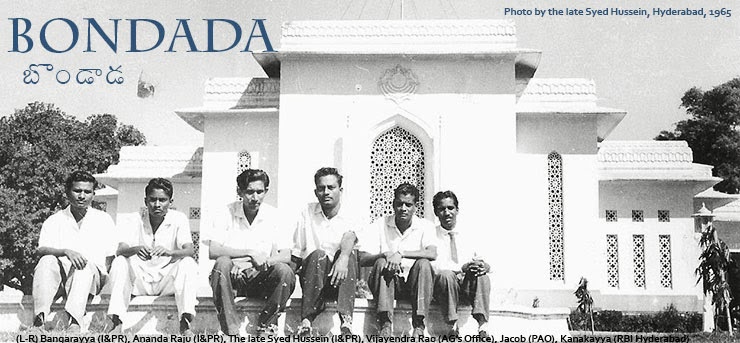We read in the Bhagavad Gita again and again that we must all work incessantly. All work is by nature composed of good and evil. We cannot do any work which will not do some good somewhere; there cannot be any work which will not cause some harm somewhere. ... Good and evil will both have their results, will produce their karma. Good actions will entail upon us good effect; bad action, bad. But good and bad are both bondages of the soul. The solution reached in the Gita in regard to this bondage-producing nature of work is that, if we do not attach ourselves to the work we do, it will not have any binding effect on our soul.
Class on Karma Yoga. New York, December 20, 1895. Complete Works, 1:53.
